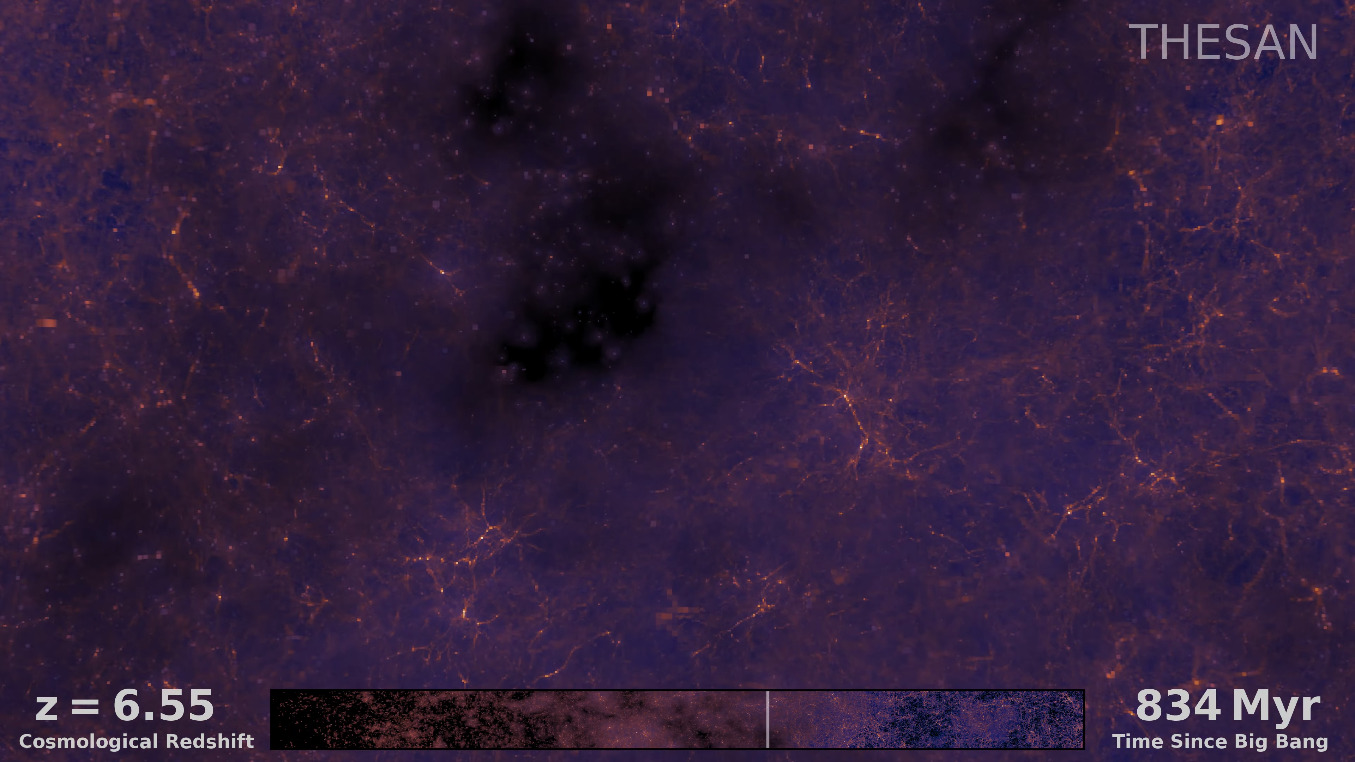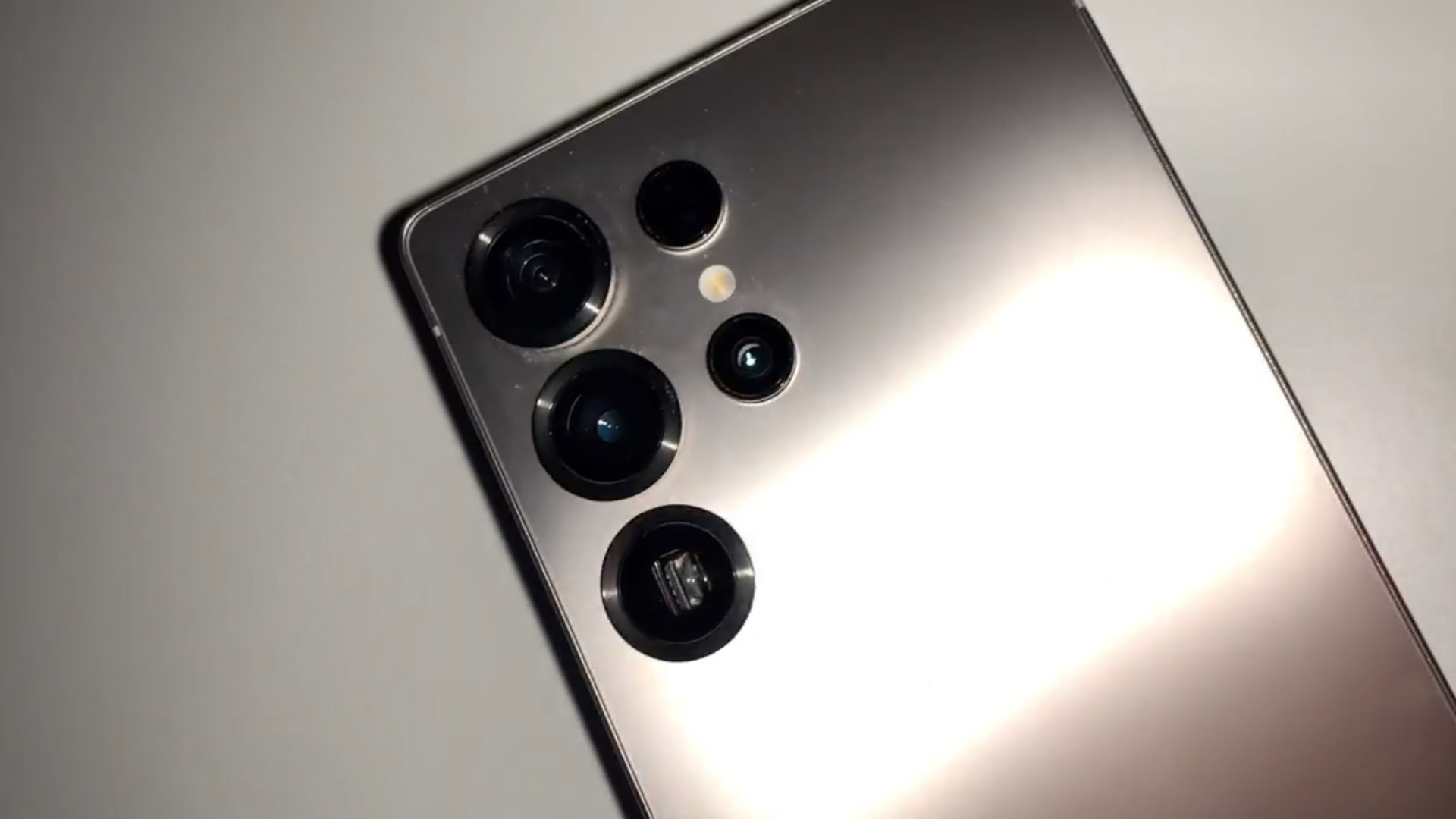A groundbreaking study published in Nature Astronomy might lead to a reevaluation of our current knowledge of the universe’s age. As per this new research, the long-held estimation of the universe’s age at 13.8 billion years may need to be reconsidered. This estimate is based on the Standard Model of cosmology, which describes a flat universe dominated by dark energy and dark matter, and indicates an unknown accelerating rate of expansion.
The Standard Model of cosmology has been extensively utilized by astronomers for various purposes, including estimating the universe’s age. However, it has recently displayed inconsistencies when compared with measurements of the movements of different pairs of galaxies. The new study indicates that these measurements are at odds with the Standard Model. Consequently, some scientists have begun to question the validity of the Standard Model as a whole. This is not an uncommon occurrence in the history of scientific discovery, as new measurements often challenge established beliefs. Therefore, it is highly likely that the cosmos holds secrets that could significantly alter our current understanding.
Tech. Entertainment. Science. Your inbox. Sign up for the most interesting tech & entertainment news out there. By signing up, I agree to the Terms of Use and have reviewed the Privacy Notice.  The Thesan Project looks at how the universe evolved to reach the point we are at now. Image source: MIT / YouTubeTo ascertain the extent to which the Standard Model might diverge from accurately depicting the universe’s age, Guo Qi and a team of astronomers collaborated to study pairs of satellites in various galaxy groups. These groups represent small clusters of galaxies, providing insights into their movements and, consequently, the expanding universe.Qi’s team delved deeper and focused on the most massive galaxies in each group, analyzing the movements of the satellite galaxies orbiting them. Their findings revealed that a small portion of these satellites exhibited counter-rotational movements relative to the larger galaxy, surpassing the original simulations’ predictions. While such behavior is expected for galaxies newly entering the orbit of a larger galaxy, it raises questions about the current configuration of the Standard Model for galaxies that have been part of a group for a longer duration.
The Thesan Project looks at how the universe evolved to reach the point we are at now. Image source: MIT / YouTubeTo ascertain the extent to which the Standard Model might diverge from accurately depicting the universe’s age, Guo Qi and a team of astronomers collaborated to study pairs of satellites in various galaxy groups. These groups represent small clusters of galaxies, providing insights into their movements and, consequently, the expanding universe.Qi’s team delved deeper and focused on the most massive galaxies in each group, analyzing the movements of the satellite galaxies orbiting them. Their findings revealed that a small portion of these satellites exhibited counter-rotational movements relative to the larger galaxy, surpassing the original simulations’ predictions. While such behavior is expected for galaxies newly entering the orbit of a larger galaxy, it raises questions about the current configuration of the Standard Model for galaxies that have been part of a group for a longer duration.
Based on these findings, Qi and his team propose that the universe might be younger than previously believed. However, the variations in the movements observed between the satellite pairs are still too extensive to accurately determine the extent of this difference. Potentially, additional observational data from instruments like the James Webb Space Telescope could provide further insights. For now, these findings prompt a thought-provoking examination of our current model of the universe and its accuracy. On the other hand, some scientists have suggested that the universe might be older than previously assumed, demonstrating the existence of considerable uncertainties in this area.














